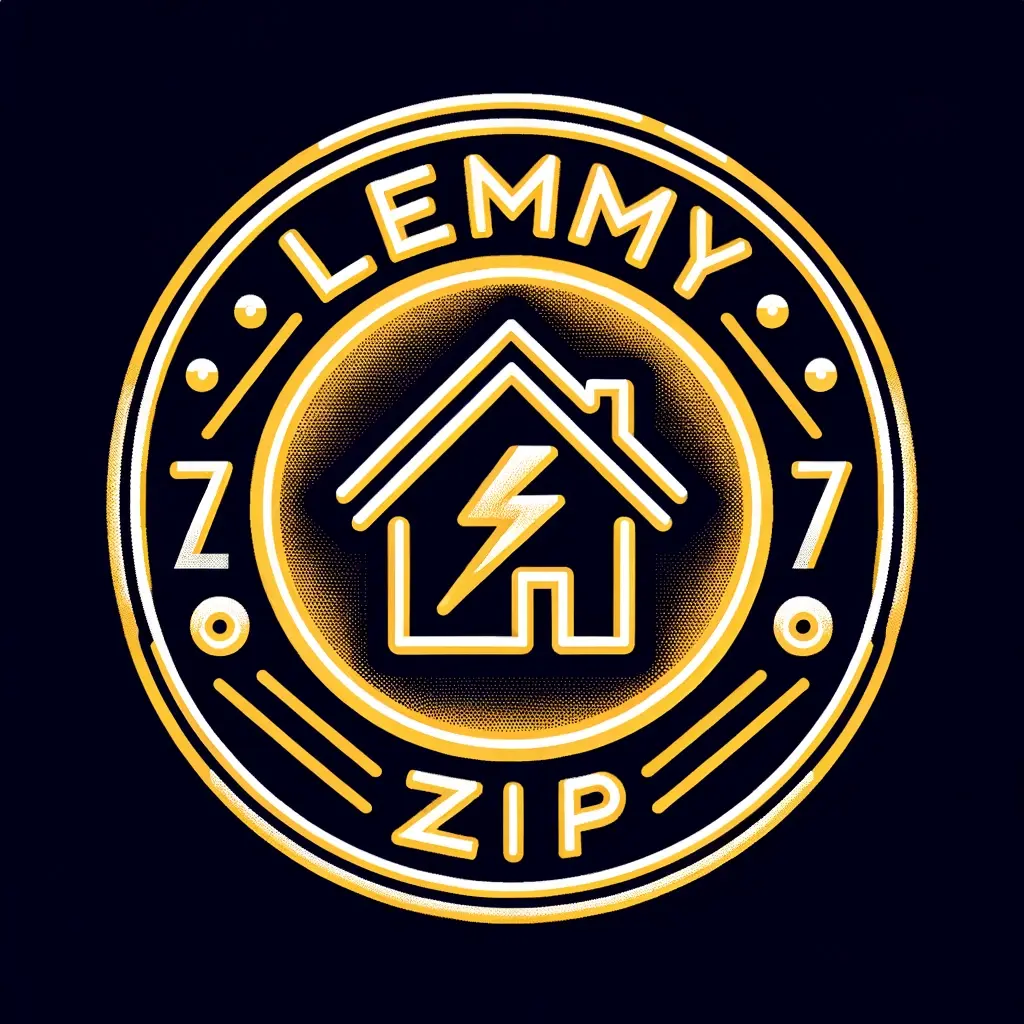

When I moved, I just didn’t plug the TV in at the new place. Instead, I started using it exclusively as a monitor for my HTPC. Watching online videos on a bigger screen is just so much nicer. Besides, ublock origin is doing a good job blocking all the nonsense a smart TV is designed to show you. When visiting friends and family, I end up watching normal TV a little bit, and I can’t say I miss any of that.



It depends on the kind of risks you have in mind.
Are you worried about someone hacking an account, stealing passwords and committing identity theft? If so, the stakes are pretty high, but the probability is low as long as your brother takes care of updates and passwords. Also, avoiding shady software and sites helps too. I prefer to call this category security, but it certainly has privacy aspects too. IMO online security should be a high priority.
However, if you’re mainly concerned about Amazon, Meta, Microsoft, Google and other companies collecting data about you, the situation is very different. I call this thing privacy, and the risks are smaller, but the probability is very high.
When it comes to security, you just need to show what has happened to other people who screwed up and made themselves an easy target. However, privacy is a bit trickier. Appreciation of privacy is a more philosophical matter, since the practical side of it isn’t as tangible. If your brother doesn’t have certain values, principles or philosophy, it’s going to be difficult to convince him that privacy matters.
If your brother already takes good care of online security, but ignores privacy, you could talk about the way companies use your data. Focus on the ethical side of these practices. If not, forget about privacy and focus on security instead, since that should always be the higher priority.